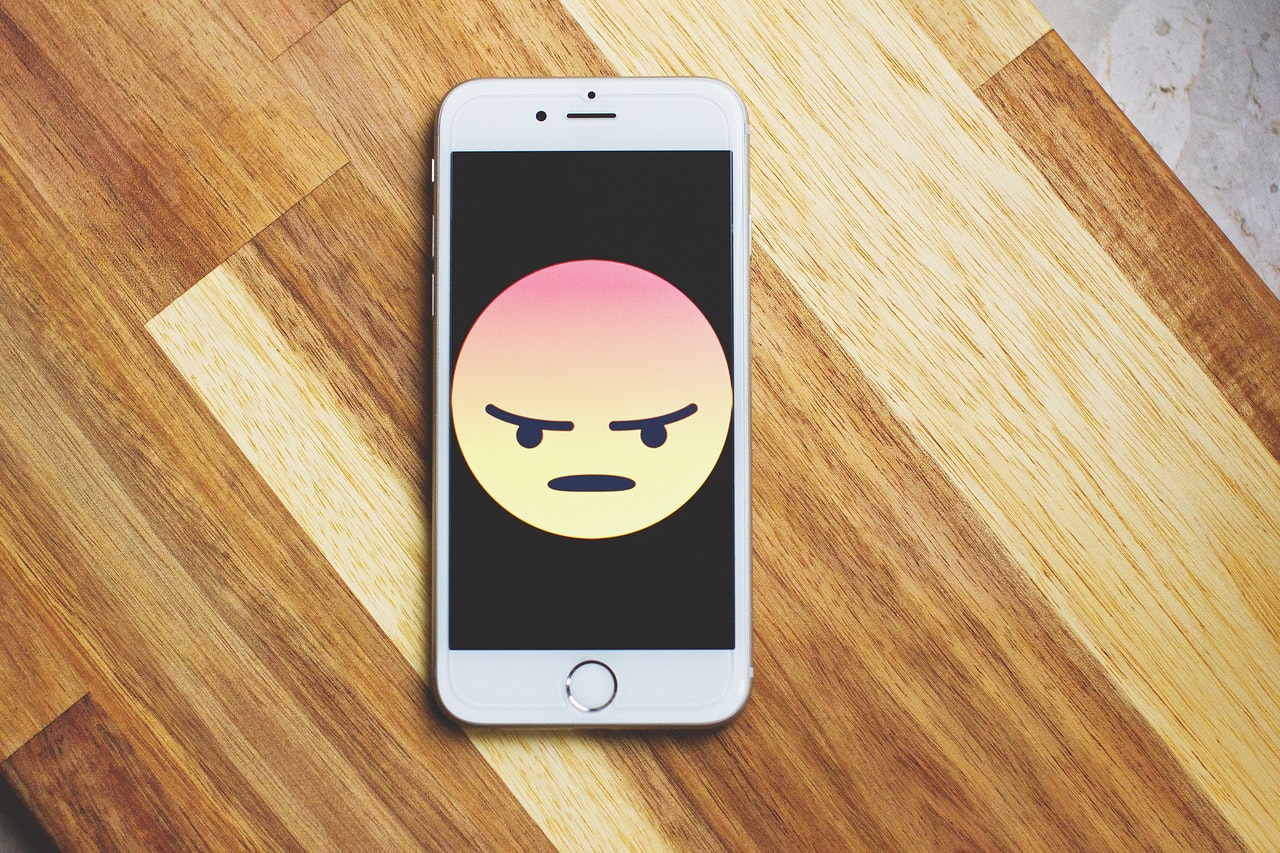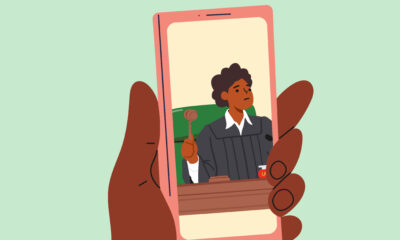Features
Listen! Cancel Culture is Not Just An Online Thing

In today’s world, there’s so much buzz about cancel culture and its deadliness in ruining people’s careers and lives. My sister goes on and on about it. She talks about how the online world doesn’t expect people to make mistakes and echoes people’s misdemeanours until it becomes the only story about them and their mistakes stick to their skins like tags. She says that in our bid to cancel someone, we hold on to that unsavoury part of them while forgetting the million and one things that are good about them.
I agree with her.
Cancel culture has become a thing, and yes, it is here to stay. Many celebrities and popular people have been hurt because people have “cancelled” them. Chrissy Teigen, on an Instagram post, says she “feels like utter shit in real life.” People have lost endorsements, ambassadorships, means of livelihood, families and friends. People have had mental breakdowns, withdrawn socially, are scared to talk online. All because of cancel culture.
*
I tell my sister cancel culture is human nature. We do it all the time. It is human nature to want other people to face what we call “justice” for wrongs we feel/think/know they have done – even if this justice comes 10 years after. Even in our circle, we keep family or friends at arm’s length when they do something injurious to us. We ensure that we do not give them the privilege of our friendship – one they used to enjoy, nor do we give them the room to try to hurt us again.
While serving in Bayelsa, the CLO of my CDS became fraudulent. He received hundreds of thousands of naira for our projects without our knowledge, embezzled most of these funds and bought substandard goods for our project. On his Facebook page, he uploaded pictures of our projects, claiming it as his personal work. He wrote long notes of how he identified a problem and brought a solution to it. For something we all sat down to plan, worked hard to execute (listen, we did the labour ourselves because “there were no funds”), and put in our sweat and strength, he cheapened it with a Facebook post.
He has always been interested in politics, and I tell my sister that if he ever runs for office, I will go online to narrate how corrupt he is and his thievery during NYSC.
“What if he has changed?” My sister says.
“Doesn’t change the fact that he stole.” I spit out.
He could have changed. But my anger and indignation that we couldn’t bring him to book, even as we tried to, and the fact that he was never, not even for once, sorry about what he did clouded my judgement of who he could have become today. My ‘better judgement’ also tells me that in a country so easily prone to corruption and thievery, someone who so blatantly embezzled funds, even as he occupied such a tiny position as a CLO, would do worse when he becomes a councillor, a commissioner, or a governor. People like him cannot be trusted with funds.
The only difference between what I feel about our (former) CLO and ‘online cancel culture’ is that I am one person. If he defrauded people online, there’ll be thousands, if not millions of people echoing the same thing over and over again – and at the same time. Like a white person who makes racist jokes on Facebook, like someone who wishes death on trans people in tweets, or that restaurant or hotel manager who is very sexist and has been talked about on Instagram – online, there’s a legion of people who are ready to come for your head when you misyarn. People who want to see you “brought to book”, people who want you punished for – what they perceive to be – your wrongdoings. Does it make it right? Perhaps not. But if there were no ‘social media,’ these people would feel exactly the same for you. Social media has just given them a platform to vent their outrages and indignations. And at the same time.
It is fair to argue that social media criticisms – or punishment as it may be – can go overboard, and sometimes, the punishment is not proportional to the ‘crime’. Like calling for the cancellation of someone because he prefers another country’s jollof rice. Like nailing celebrities to the cross because you believe they should be perfect and not make mistakes. Offline, it is as little as cutting off your family members because this can be likened to putting tyres around people’s throats for stealing Maggi in the marketplace. Or parading 4 innocent boys naked before beating them brutally and lynching them because they were accused of being thieves. Humans echo other people’s misdemeanours. We make their bad behaviours their only colour, we want to remind them of their past mistakes, we want to show them they cannot get away with it, and we refuse to give them second chances.
This is not to make a case for online cancel culture or advocate for us to fold our hands and let it bloom. This comparison shows that we are all unforgiving, savagely cruel beasts, offline and online. Perhaps if we all admit that cancel culture is not an ‘online thing,’ that it is not something that is done by a mass of faceless, incognito people. That it is not something so distant. That it has been since time immemorial. That it is you and I who propagate this, we’d probably be propelled to look inward and make corrections – starting with ourselves.
*
Cancel culture is exaggerated with the advent of social media. It is a zoomed version of the world we live in, and the kind of life we lead. We love conflict. For many, it is thrilling and exciting. Like a fight between two fish sellers in the market. We fuel it with the word “violence.” We say we are just here for the violence while pulling our metaphorical I Better Pass My Neighbour generators, or telling our imaginary conductors to “drop us here.” It’s fun; a jolly moment for us, but it is someone being roasted, perhaps not just to death.
This is who we are: lovers of violence and conflict. And our love for blood is scary. You cannot wail about cancel culture on social media if you do not begin to check your own actions offline. It takes a conscious effort not to be a part of a mob offline and online – and it is one we must consistently try to make. It is a difficult, but we must try, right?
If we do not work on ourselves, learn to be more patient with other people when they make mistakes, or learn to give people second chances, we will be the same ones quick to pelt people with rotten apples and stones online., and then shout “cancel culture is bad” like we all aren’t a part of it.
How do you balance making someone pay for the wrong they have done or cancelling them for the wrong they have done. How do you know you are not cancelling others when all you want is to make them pay for the wrong they have done? I do not have an answer to this, except that deep within, you know when you are constructively criticising a person and you also know when you are simply being mean and cruel. I do not know if this applies to my CLO though. Maybe I’ll never crucify him, or maybe I will, but I’ll never trust him with my money.
***
Photo by freestocks.org from Pexels





















